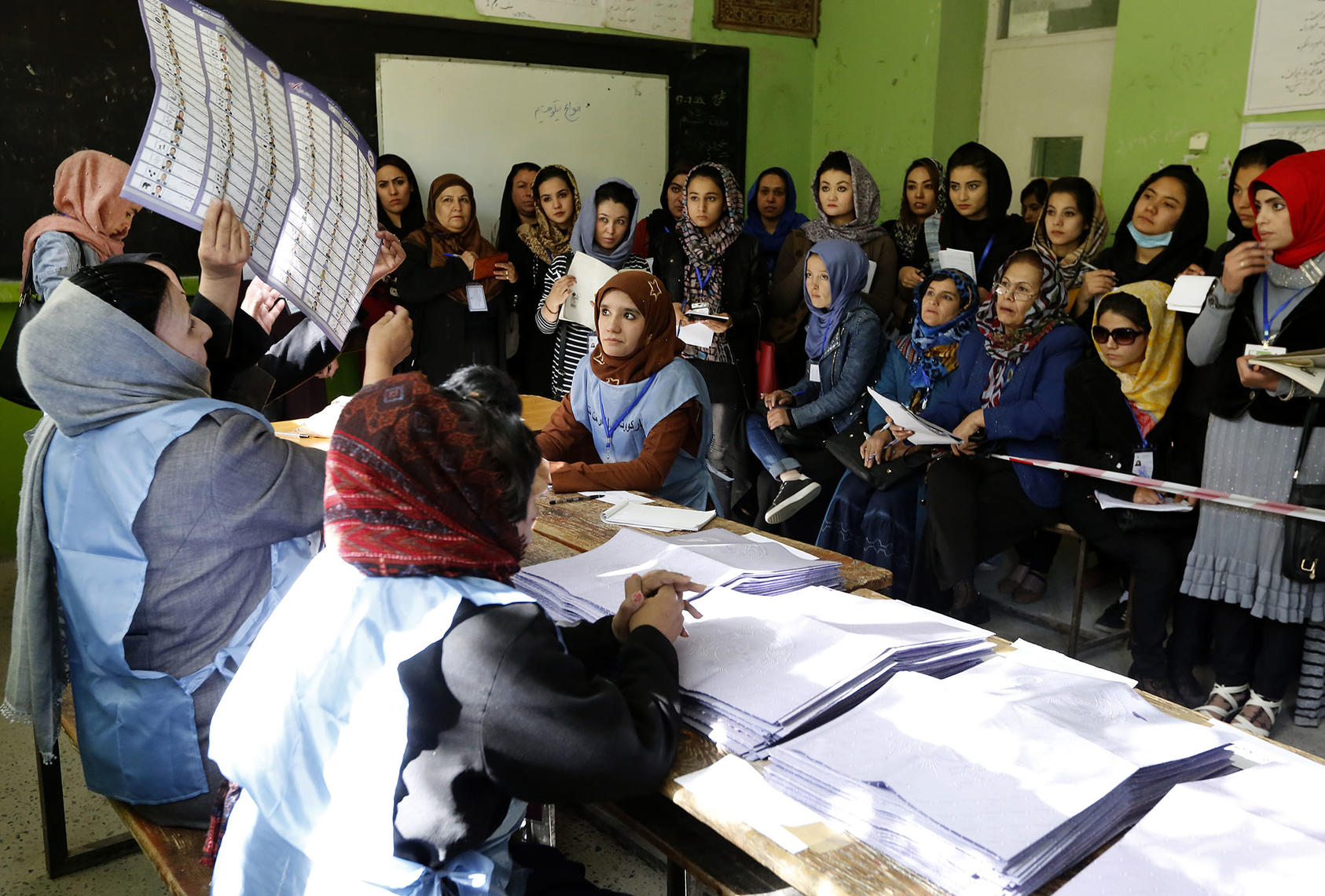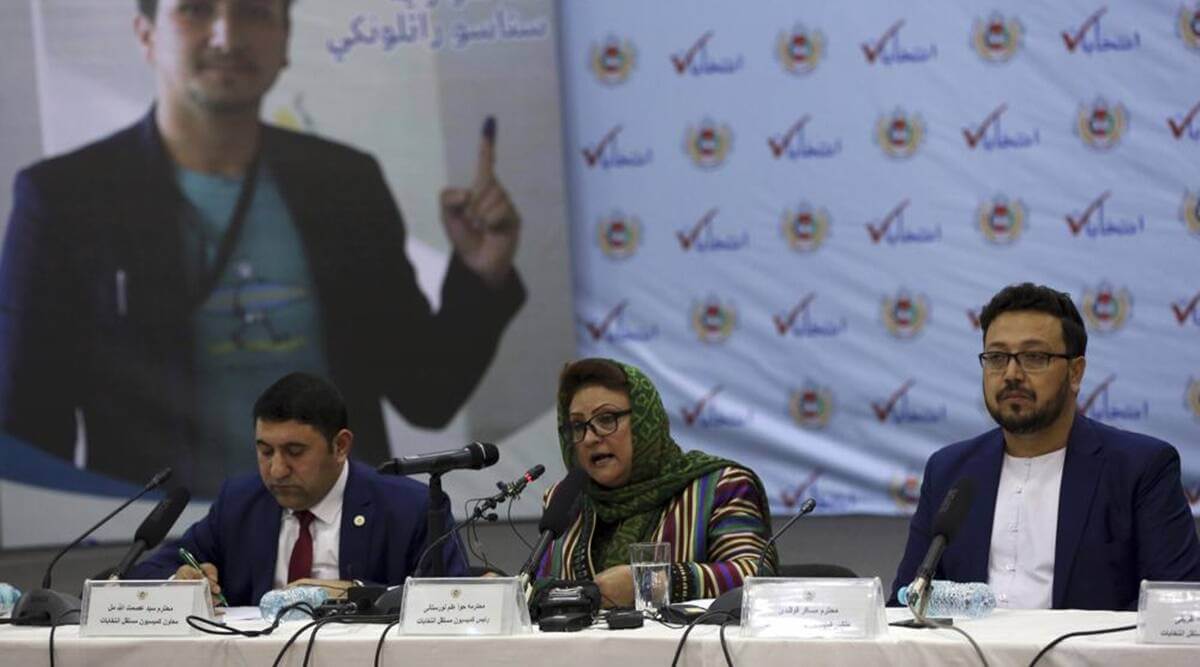On Saturday, the Taliban announced its decision to dissolve the Afghan Independent Election Commission (IEC), established in 2006 to supervise polls conducted by Afghanistan’s previous government.
Taliban spokesperson Bilal Karimi said there is “no need” for the IEC and the Electoral Complaint Commission to “exist and operate,” as they are “unnecessary institutes for the current situation in Afghanistan.” He added that the institutions would only be revived if the Taliban government felt there was a need. Karimi also announced the dissolution of the Ministry of Peace and the Ministry of Parliamentary Affairs.
Speaking to the AFP, the previous head of the IEC, Aurangzeb, said the decision was taken “in a hurry” and warned that it would have “huge consequences.” He opined that the Afghan crisis cannot be solved in the absence of elections. Similarly, Halim Fidai, a prominent leader in the previous government, said this s evidence that the Taliban “does not believe in democracy.” “They are against all democratic institutions. They get power through bullets and not ballots,” he argued.

Meanwhile, the Ministry of Promotion of Virtue and Prevention of Vice declared on Sunday that women travelling distances longer than 72 kilometres should not be provided transport unless a close male relative accompanies them. The Ministry also banned music in transport vehicles and mandated hijabs for women. The Taliban earlier formed the ministry to replace the Ministry of Women Affairs, which is now defunct. The group also ordered Afghan television channels to discontinue airing content featuring women and mandated hijabs for female journalists.
These measures have cast greater doubt on the Taliban’s pledge to rule in a more moderate fashion than in the 1990s, an era characterised by violence and strict adherence to religious doctrines. Over the past few weeks, the Taliban has called on the international community, particularly the United States (US), to deliver humanitarian aid, unfreeze Afghan assets, and extend formal recognition to the group as the legitimate government of Afghanistan. Although the US has made some concessions with regards to humanitarian aid, Washington and its allies continue to push the Taliban to protect human rights, particularly those of minorities, women, and children. In this respect, these latest moves could further imperil the delivery of much-needed aid and exacerbate Afghanistan’s spiralling and multiple crises.

